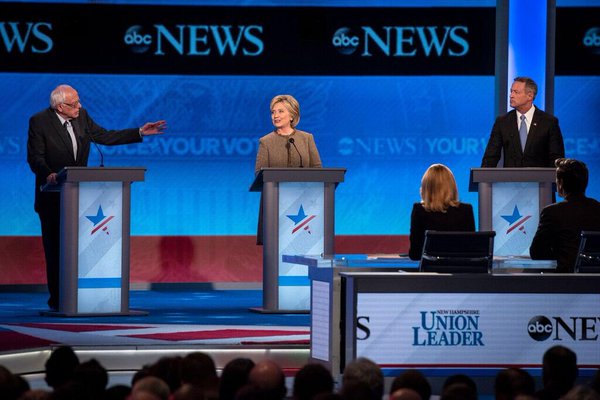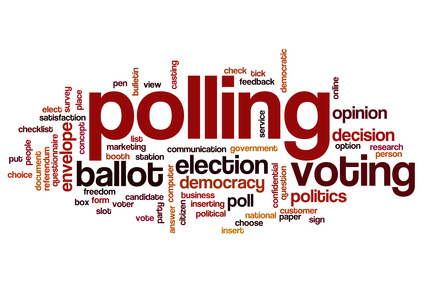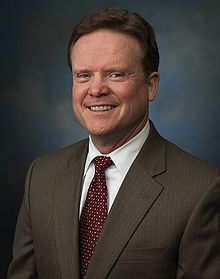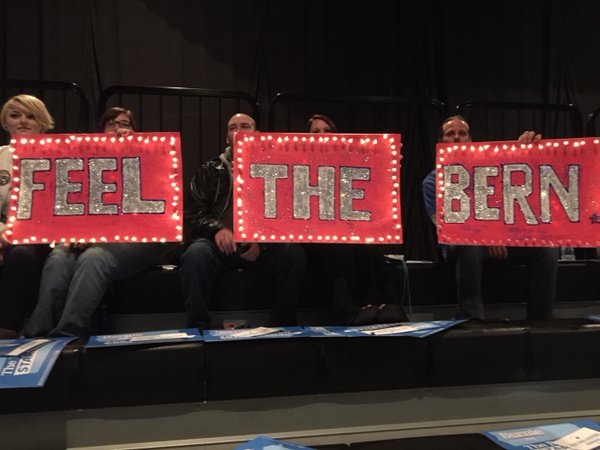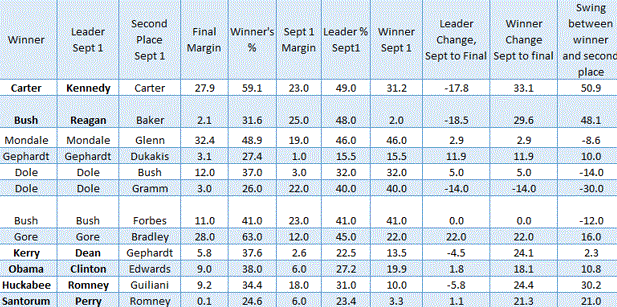E-mailing practices by government officials have drawn an unusual amount of scrutiny this year, thanks to the national press corps’ months-long fixation on Hillary Clinton’s use of a private server and e-mail account during her years as secretary of state. Though the most sensational reports about Clinton’s e-mails were wrong, a drumbeat of news articles and commentary pointed to her private e-mail use as a scandal, or at least a serious political problem.
For years, people who have submitted records requests for Governor Terry Branstad’s e-mails have been told the governor does not use e-mail. So I was surprised this week to see footage of Branstad telling his top donor and Iowa Board of Regents President Bruce Rastetter to “send me an e-mail” with facts about Bruce Harreld, at the time a candidate for the University of Iowa presidency. Iowa Public Television’s “Governor Branstad: Behind the Scenes” documentary includes video of Branstad talking with Rastetter during the Iowa State Fair. I transcribed the brief conversation here.
In light of Branstad’s comment to Rastetter, I asked the governor’s communications director Ben Hammes to clarify whether Branstad has an e-mail account for official or private use. He replied, “The governor does not use email or have email. The governor was referring to sending information to our office, which is what he asks of constituents, when he is traveling around Iowa. He will often ask them to send information to the appropriate policy person in our office.”
Since Branstad asked Rastetter to send “me” an e-mail (rather than asking for the background to be sent to his staff), I asked Hammes whether he could confirm that the governor never communicates directly with Rastetter or with anyone else via e-mail, and that “people wishing to e-mail information to the governor can do so only by e-mailing intermediaries.” Hammes responded, “Correct. The governor does not have an email account.” Duly noted with regret, since the lack of an official e-mail account will make it harder for reporters and future historians to reconstruct Branstad’s actions and decision-making process during his fifth and sixth terms.
On a related note, today’s New York Times reported that Defense Secretary Ashton Carter “relied on a personal email account to conduct a portion of his government business during his first months at the Pentagon.” Today’s lead editorial in the Des Moines Register took Des Moines City Council member Christine Hensley to task for, among other things, using a private e-mail account to discuss city business. The newspaper also criticized city policy that allows officials to search for and disclose e-mails that are the subject of open records requests, because those people “lack the technical expertise to conduct document searches” and “have a strong motive to withhold damaging emails they have sent or received.” Hensley is refusing to release a legal opinion on whether she should recuse herself from a policy matter because of a potential conflict of interest. The controversy doesn’t reflect well on the longtime city council member, who I believe is positioning herself to be Cedar Rapids Mayor Ron Corbett’s running mate for the 2018 governor’s race.
UPDATE: I had forgotten that Branstad admitted during a deposition last year to using a Blackberry. More details on that are below. I am seeking further comment on whether the governor receives work-related or private messages from people on that Blackberry.
DECEMBER 21 UPDATE: Hammes was quick to respond to my first questions on this topic last week, but four days since I followed up with a question about the Blackberry, still radio silence from the governor’s office.
Continue Reading...





